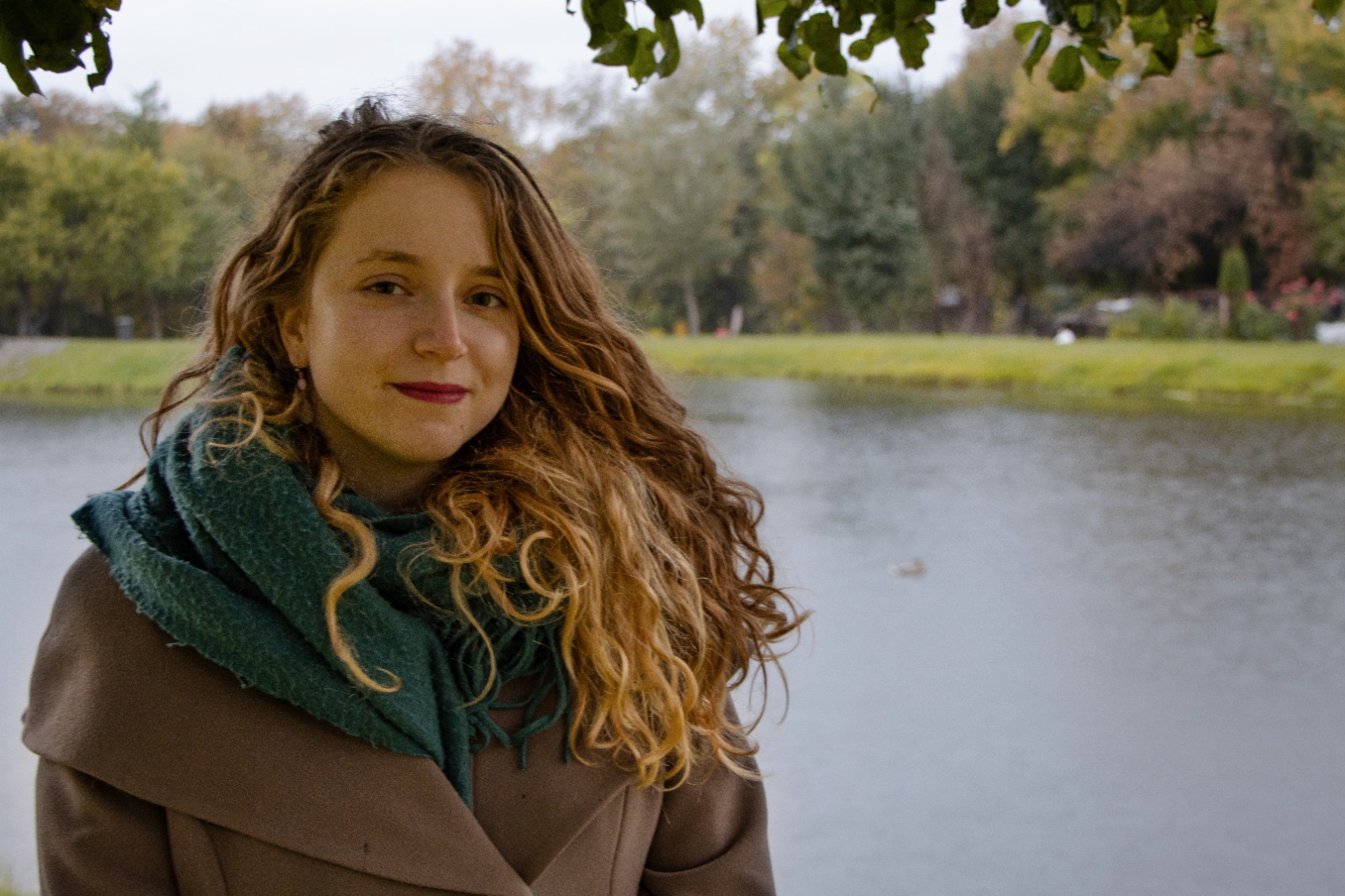On October 7 the Norwegian Nobel Committee announced that the 2022 Nobel Peace Prize is awarded to the human rights advocate Ales Bialiatski from Belarus, along with the Russian human rights organisation Memorial and the Ukrainian human rights organisation Center for Civil Liberties. We asked Liubou Lanina, who is a SI alumna and works in Ales Bialiatski’s organisation Viasna, a few questions.
By now most people know about Viasna and your important work for human rights, but please introduce the organisation to those who are not yet familiar with your work.
The human rights center Viasna is the largest human rights organisation in Belarus, which defends the victims of human rights violations in the country. It was founded in 1996 by Ales Bialiatski as a response to the brutal crackdown of mass protests against Lukashenka. Bialiatski and other human rights activists in Viasna helped arrested people and their families by documenting the use of torture against the political prisoners.
Today, more than 26 years later, we monitor penitentiary facilities, carry out supervision of court proceedings and peaceful gatherings, and perform analytics. We also bring certain large advocacy campaigns into action, such as “Human rights defenders for free elections” and the campaign against the death penalty in Belarus. In 2020 Viasna accredited more than 700 volunteers to serve as election observers, which set a new record.
You participated in the SI Leadership Programme SI Leader Lab in 2022, can you share a specific moment or situation during the programme that meant a lot to you?
I am very glad that I had the opportunity to participate in SI Leader Lab. It was indescribable to get to meet participants from different countries where everyone has their own unique story of fighting for human rights, and it meant a lot to me to share the Belarusian experience. I sincerely hope and believe that my participation in the programme this year is the beginning of a long collaboration and partnership with the other participants and with Sweden.
What does the Nobel Prize mean to you and your organisation, and to the political prisoners in Belarus?
There are more than 1300 political prisoners in Belarus today, and six Viasna human rights defenders are currently in prison only because of their courageous engagement. Among them are Ales Bialiatski, his deputy Valiantsin Stefanovic, volunteers’ coordinator Marfa Rabkova and volunteer Andrei Chapiuk. They are all sentenced to 15 years of imprisonment. The human rights defender Leanid Sudalenka is sentenced to three years of imprisonment. We do not have any contact with them, they are held in terrible conditions and they are not provided with medical aid.
Ales Bialiatski has been defending human rights in Belarus for more than 25 years and endlessly providing help to victims of repressions. This prize of course means a lot to him, his family and our organisation. This is a certain motivation to continue working and a sign that our work has been noticed. Ales Bialiatski has been a political prisoner since July 2021. The Nobel Peace Prize 2022 is yet another occasion to demonstrate to Lukashenka’s dictator regime that public attention to political prisoners is huge and that they must be set free.
Note: The call for applications to SI Leader Lab 2023 will open 1 November.
Find out more about SI Leader Lab here.
Find out more about Viasna here.
